Today, the interview of 11 candidates for the position of Federal Reserve Chair begins, how will Trump make his choice?
2025-09-05 16:24
At the beginning of September, the personnel and power structure of the Federal Reserve continued to accelerate its evolution.
On September 3, it was reported that the White House clearly stated it would finalize the next Federal Reserve Chairperson as soon as possible. Treasury Secretary Scott Bessenet has initiated interviews with 11 candidates, and a series of interviews will begin this Friday and last for a week.
Meanwhile, personnel and power moves around "smooth transition" are increasing. On one hand, Trump previously removed the director of the Bureau of Labor Statistics (BLS), sparking market concerns about the independence of official data. On the other hand, Federal Reserve Governor Adriana Kugler formally submitted her resignation in early August, leaving a seat for the new governor.
Newly appointed Federal Reserve Governor Stephen Miran, former Chairman of the White House Council of Economic Advisers (CEA), was nominated by Trump and attended a Senate Banking Committee hearing on September 4 local time. In her written testimony, Miran emphasized "monetary policy independence," and she will enter the confirmation process with the core statement of "maintaining independence." It is expected that her confirmation process will be very rapid.
As more actions take place, the market is shrouded in uncertainty, and who will become the next Federal Reserve Chairperson has become the focus of market attention.
Who Are the 11 Candidates for the Federal Reserve Chair?
According to the Federal Reserve's appointment rules, the Federal Reserve Chair must be a sitting governor. The current chair, Powell, will complete his term in May 2026, while the terms of the governors will continue until January 2028. If he chooses to remain as a governor after stepping down, the range of candidates for the next chairperson that Trump can appoint will be limited. The currently identified list of 11 key candidates covers elites from various fields such as "Federal Reserve establishment, former officials, and Wall Street practitioners."
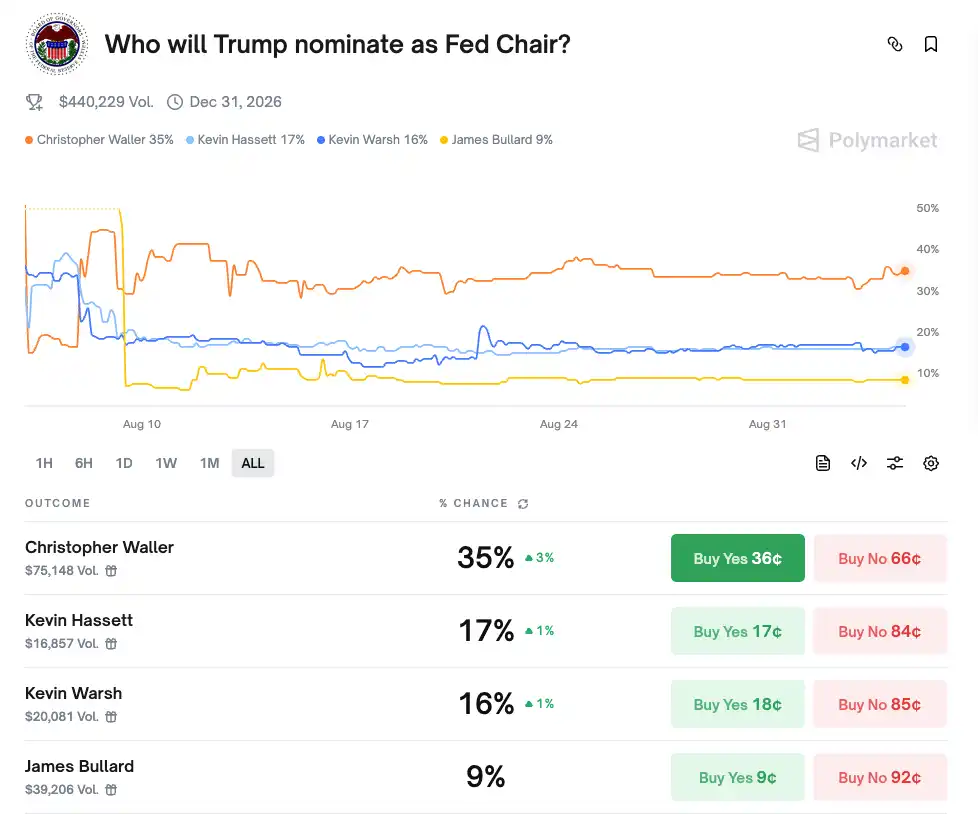
Christopher Waller
Christopher Waller is a former research director at the St. Louis Fed, with deep academic background and policy implementation experience. He is considered the most likely candidate by relevant people and prediction markets. He is known for his "data-driven but relatively flexible" style. Recently, he publicly supported quick rate cuts and favored an earlier shift after inflation pressure eased. His series of speeches on stablecoins were clear and consistent, advocating for private sector-led innovation within the legislative and reserve regulatory framework.
At the same time, he was personally nominated by Trump during his first term. This sitting governor, who is "familiar with the rules and a dove in stance," may be the most trusted successor for Trump.
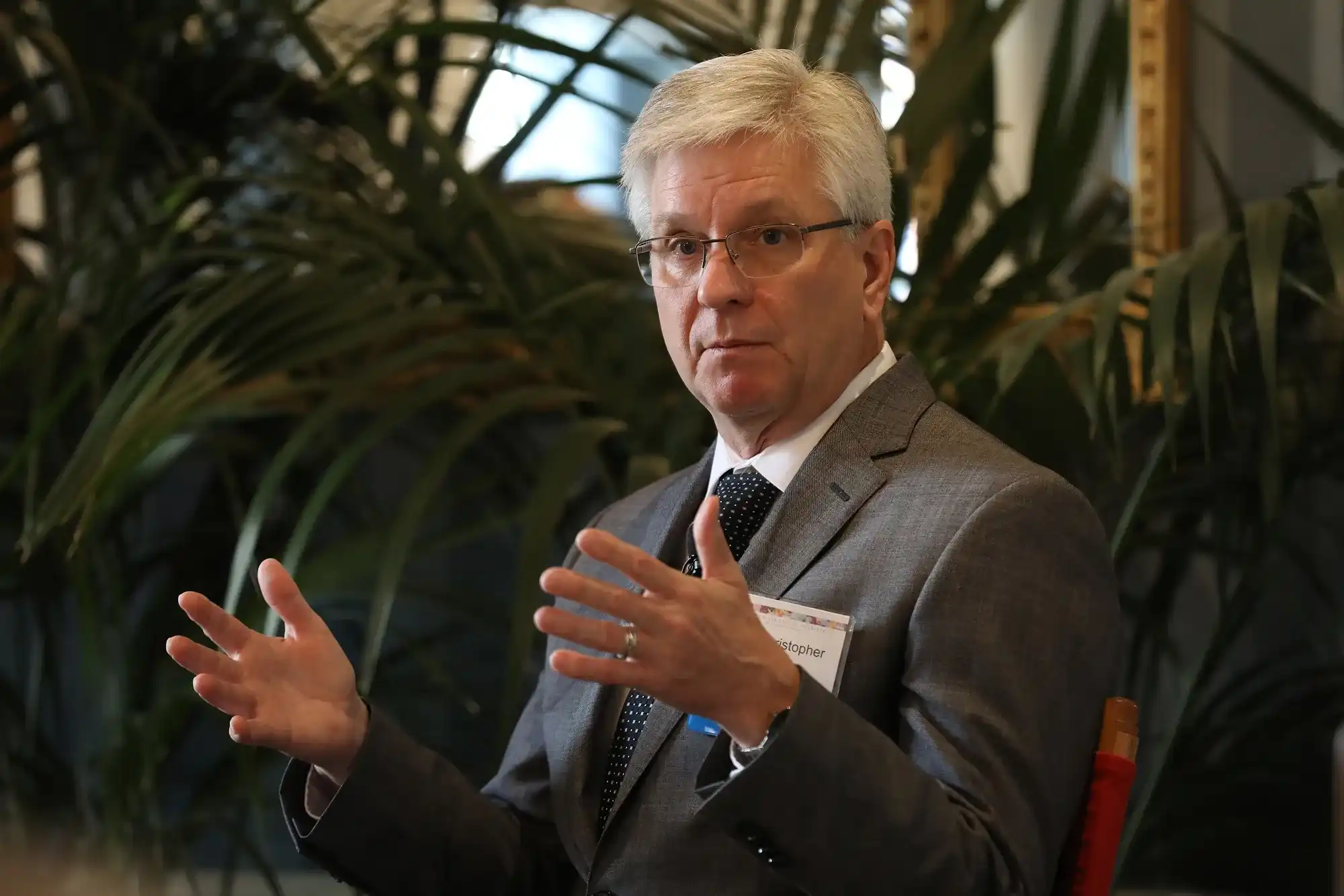
Michelle Bowman
Regulatory Vice Chair Michelle Bowman is seen as a representative of the "hawkish regulator." As one of the youngest members of the Federal Reserve Board, she is the strongest female hawk.
She proposed in August this year that Fed staff should be allowed to hold small amounts of crypto assets to enhance supervision understanding, sending a signal of "technically neutral" compared to previous regulatory stances. However, she emphasizes the priority of price stability in monetary policy.
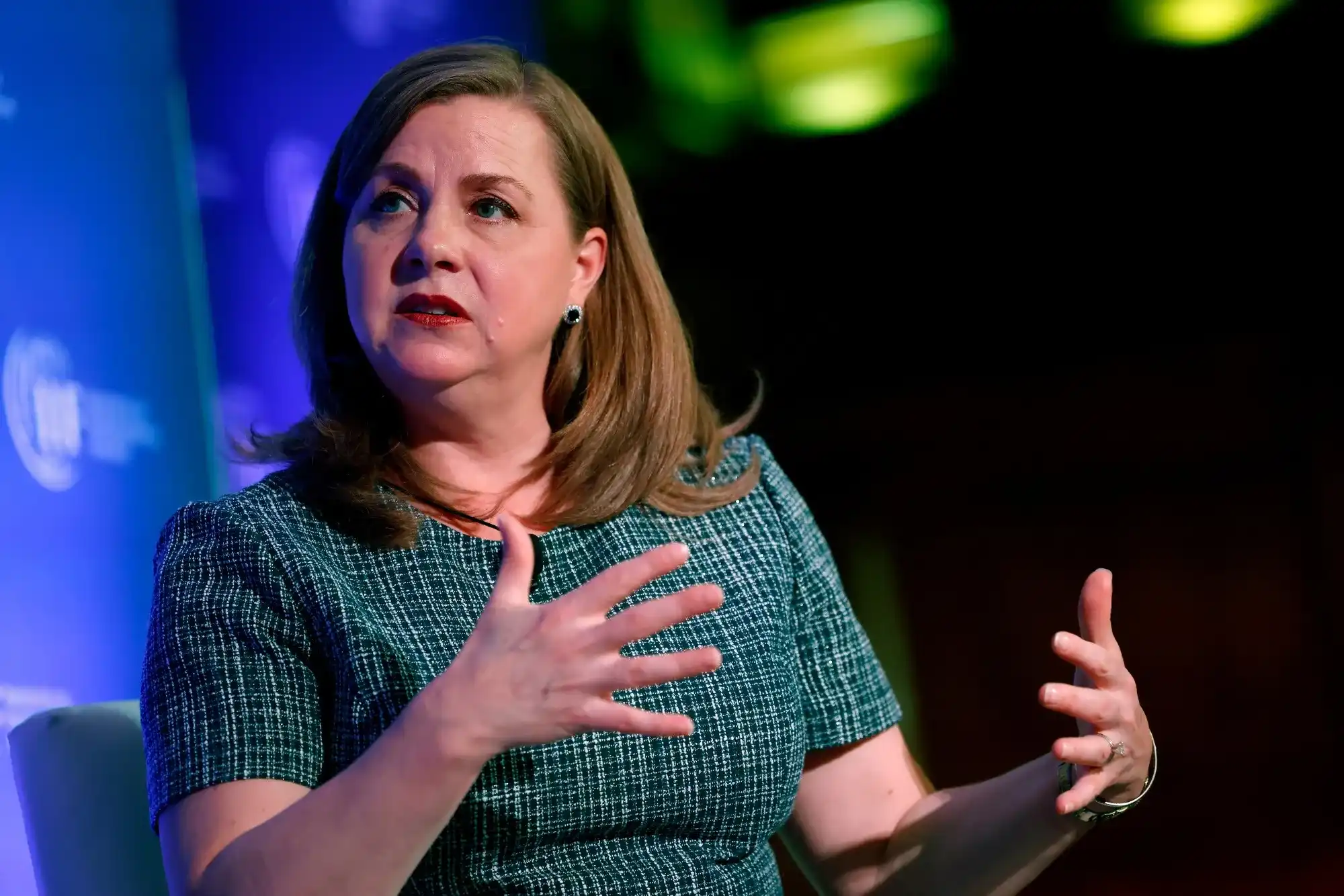
Philip Jefferson
63-year-old Philip Jefferson, the current vice chair of the Federal Reserve, is also one of the hot candidates. He has a deep academic and organizational coordination background and is familiar with the internal operations of the Federal Reserve, representing the "conservative faction." He is relatively cautious in balancing employment and inflation, and is seen as a candidate who ensures the continuity of the existing framework.
It is worth noting that if he is elected, he will be the first African American Federal Reserve Chair in history.
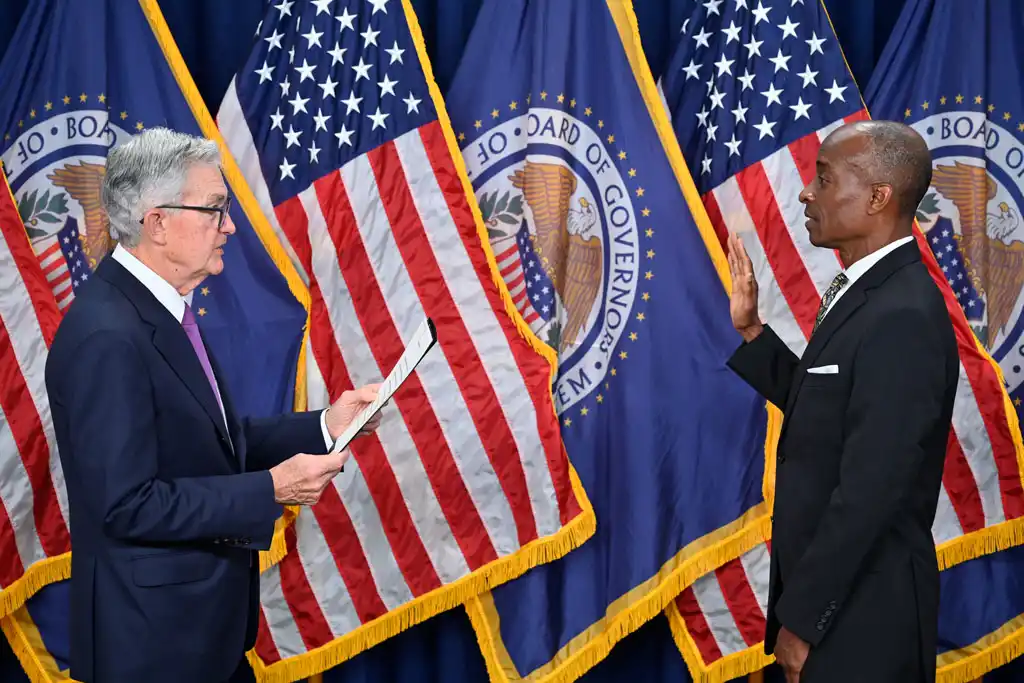
Lorie Logan
Lori Logan, former president of the Dallas Fed, had long been responsible for open market operations at the New York Fed. With 23 years of experience at the New York Fed, he is very skilled in market "tactics" and crisis management. He handled the 2008 financial crisis and the 2020 pandemic well under his leadership. He is regarded as the central banker who "understands trading best."
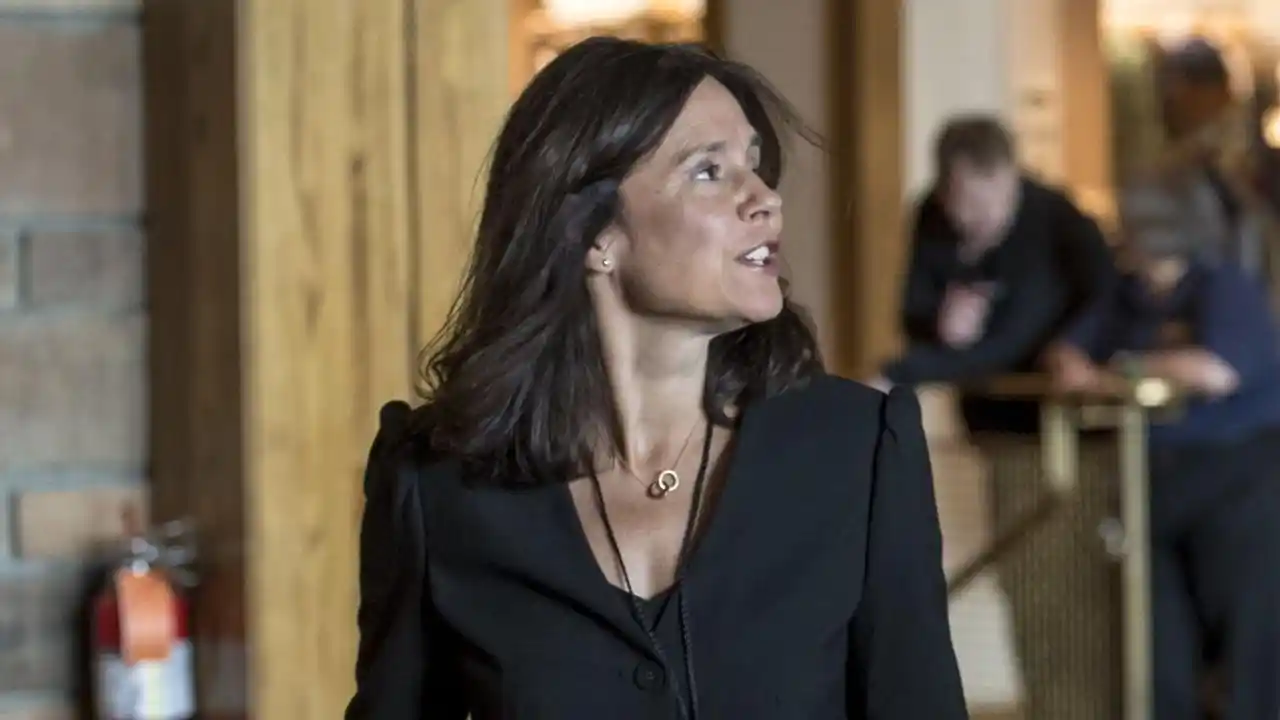
Kevin Warsh
Former Federal Reserve Governor Kevin Warsh is a candidate with both "crisis cycle experience" and "reform issues." His father-in-law is the heir to Estee Lauder. At the age of 35, he became the youngest Federal Reserve Governor in history. After leaving the Fed, he researched monetary policy reform at the Hoover Institution at Stanford.
His deep connections in Washington and Wall Street are also seen as an advantage, which made him a favorite candidate even in the previous election cycle in 2017.
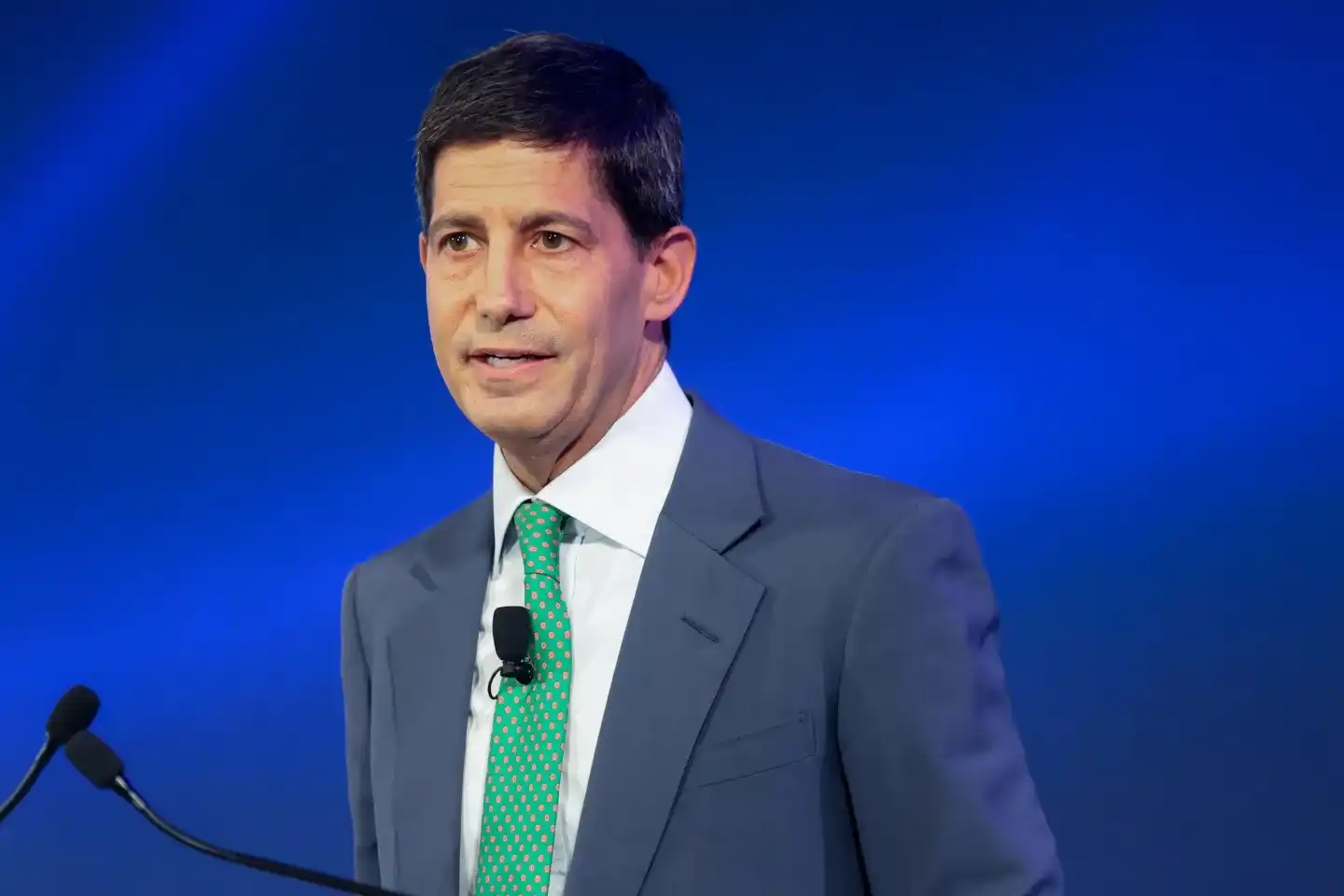
James Bullard
James Bullard, former president of the St. Louis Fed, is known for his ability to make early judgments on inflation turning points. He has strong communication skills with academia and the market. He started warning the market about inflation risks as early as 2021. However, due to his independent personality and views, he has long maintained a relatively "outlier" voting record in the FOMC.
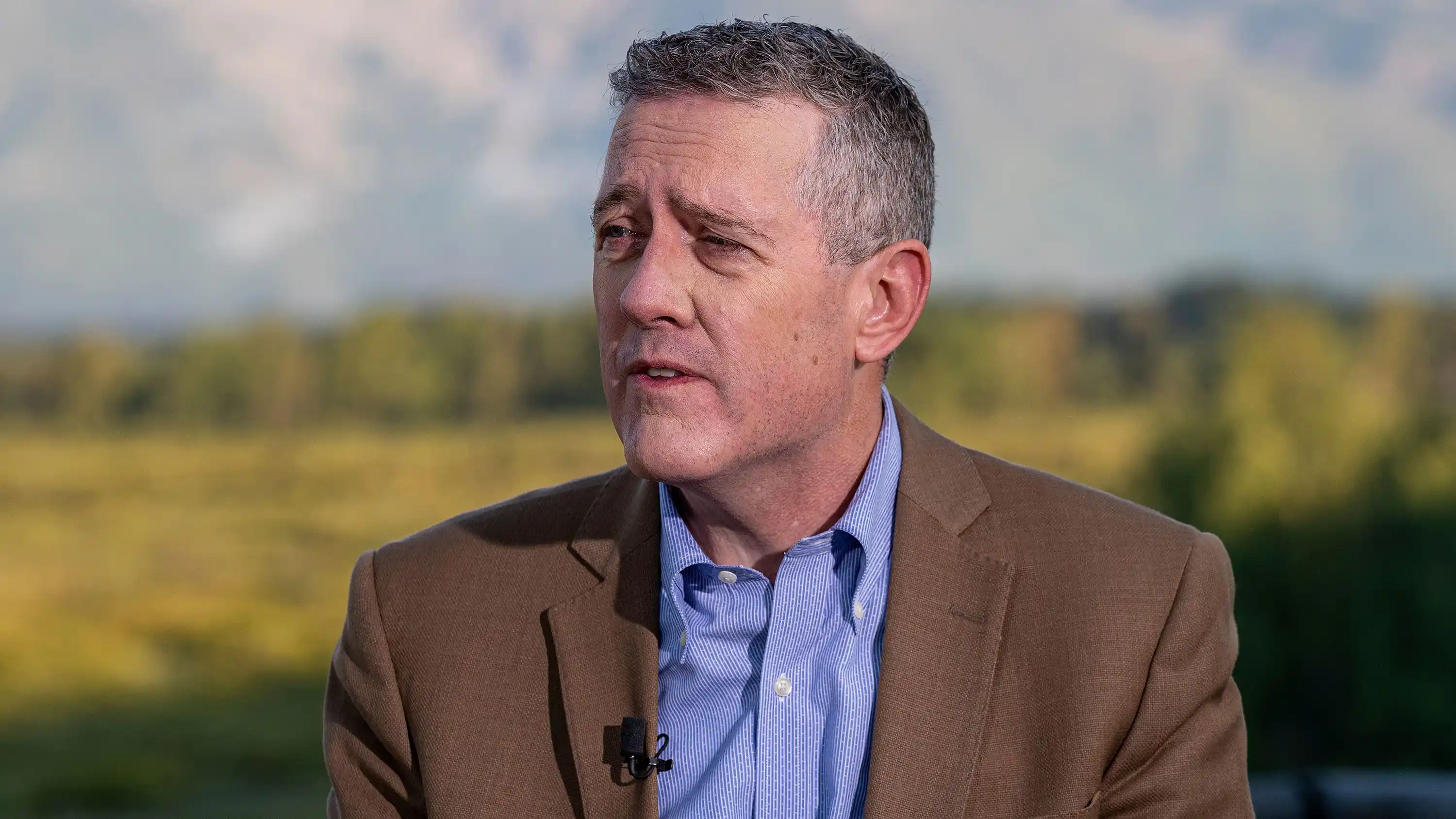
Kevin Hassett
Kevin Hassett, the Director of the White House National Economic Council, has a deep connection with President Trump. Due to his position, he analyzes economic data for Trump almost every day and was even called by Trump his "economics professor."
Their policy ideas align, making him a candidate with high political trust. His weakness is lacking experience in the central bank.
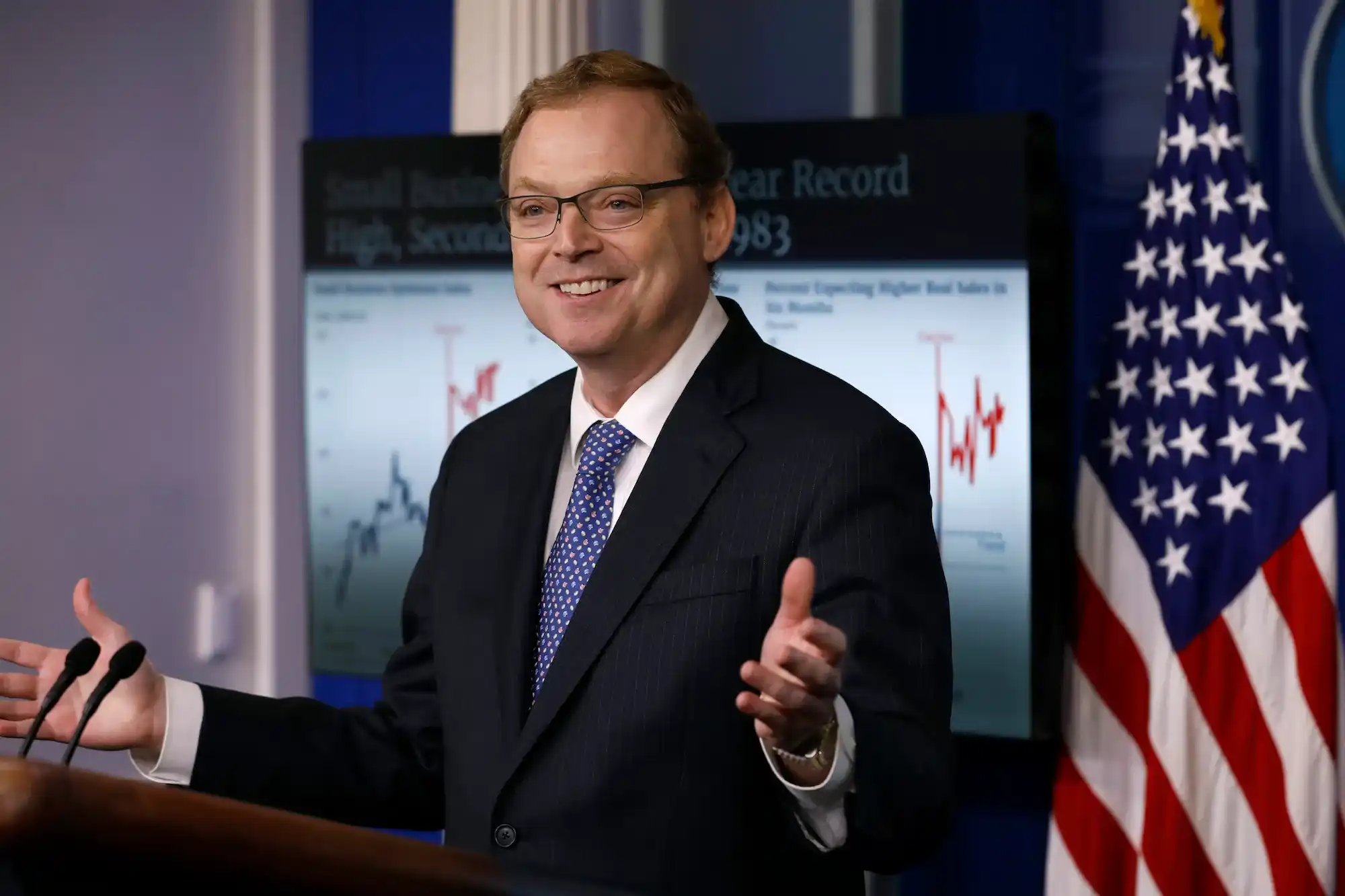
Marc Sumerlin
Marc Sumerlin came from the economic team of George W. Bush, serving as Deputy Director of the National Economic Council at the time. He proposed the most radical reform plan for the Federal Reserve, advocating for "process reengineering" of the FOMC at the communication and institutional levels. He is a "reformer within the establishment."
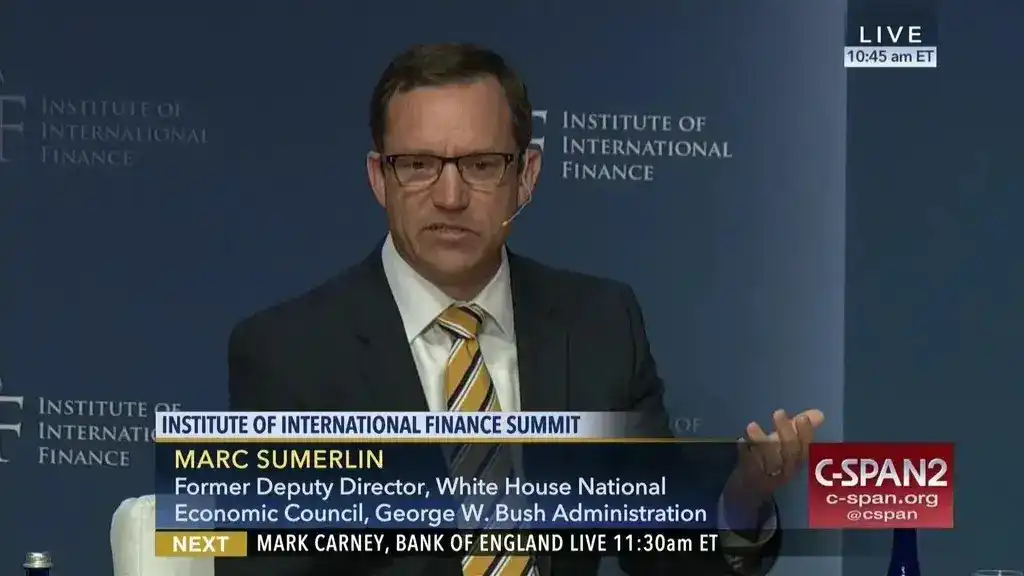
Larry Lindsey
Larry Lindsey has cross-party experience, having served as Chief Economic Advisor to President George W. Bush and as a Federal Reserve Governor during Clinton's administration. He is very skilled in policy coordination between the White House, the central bank, and the market. He accurately predicted the burst of the internet bubble, but at 70 years old, he is questioned by the market about whether his cognition may be "disconnected" from modern monetary policy tools.
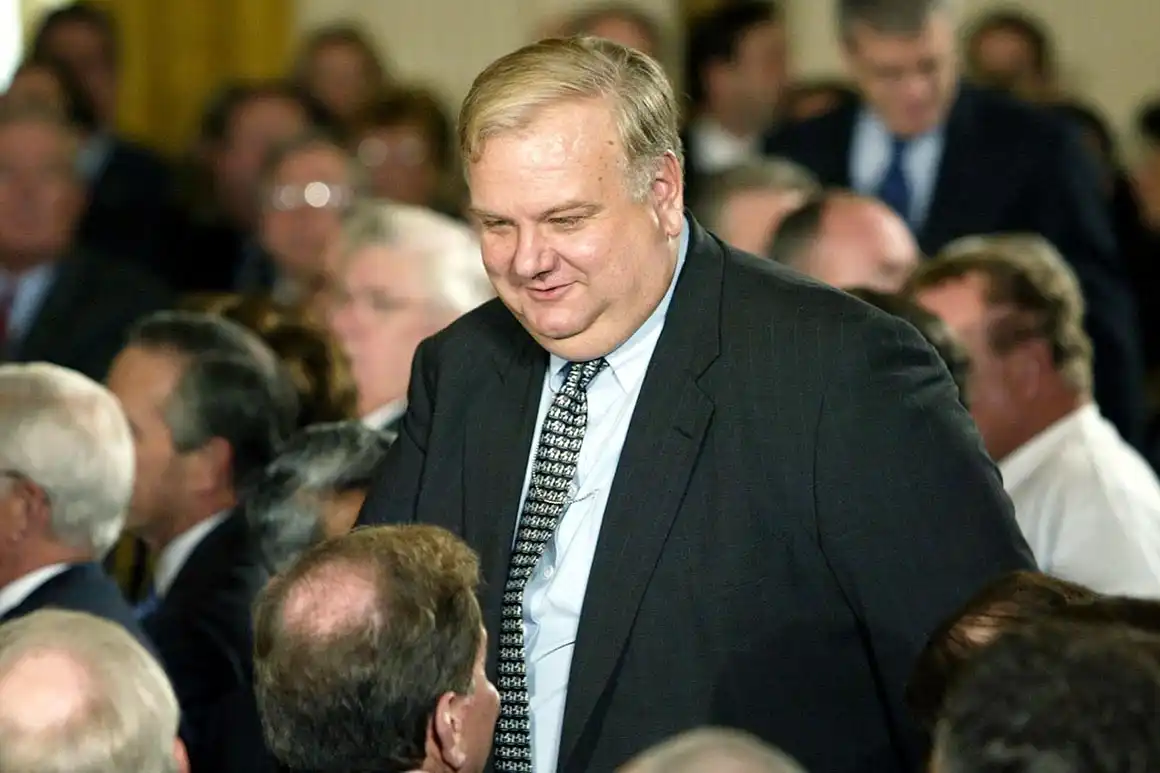
David Zervos
David Zervos, Chief Market Strategist at Jefferies, belongs to the "frontline market" faction. He is known for his straightforward style, sharp comments, and unique strategic perspective. He has a keen market sense and maintains close communication with the Fed, and he worked at the New York Fed in the 1990s.
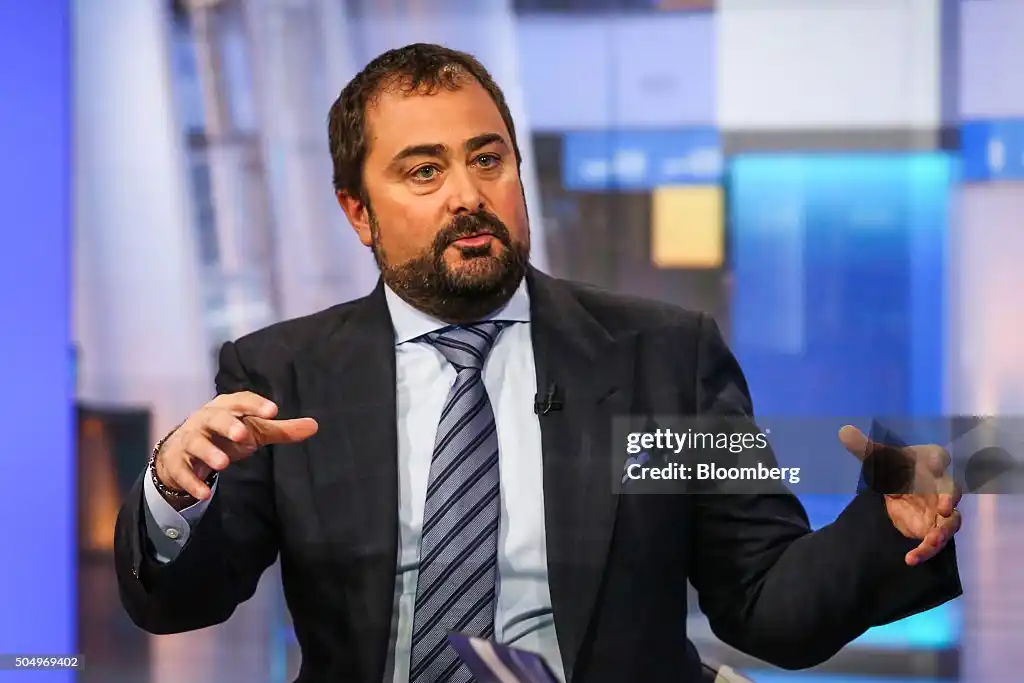
Rick Rieder
Rick Rieder, Chief Investment Officer of BlackRock Global Fixed Income, may be the candidate with the most experience managing the largest assets in practice. He manages over $4 trillion in assets at BlackRock, and the assets he manages have experienced multiple economic crisis cycles.
In recent months, he has shown a clear bias towards "looser and risk preference recovery" in media statements. If he transitions into a "policy maker," his "market experience - policy game" transferability and potential conflicts of interest will be tested together. Additionally, the potential "conflict of interest" that may occur when transitioning from fund management to policy-making has raised concerns in the market.
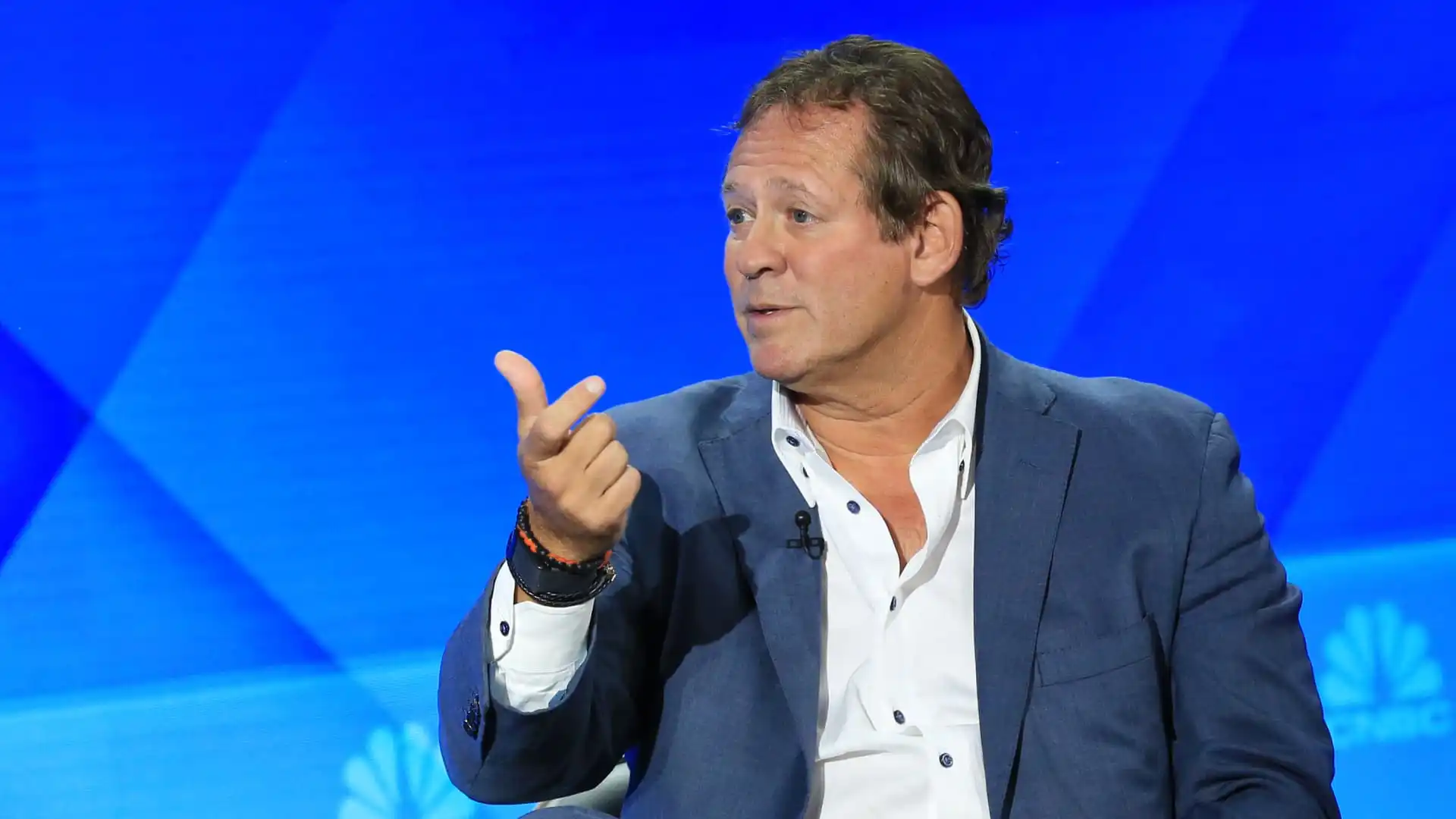
Three Crypto-Friendly Candidates?
Among the most popular candidates, Christopher Waller also has the most systematic position on the use scenarios of "cryptocurrency - stablecoin - payment innovation."
Waller's scrutiny of cryptocurrency has always been calm and almost harsh. He once compared most cryptocurrencies to "baseball cards" — without intrinsic value, their prices depend on the fragile balance of sentiment and confidence. For this highly volatile speculative asset, he insists on "market self-responsibility," and the taxpayers should not bear the cost of investment failures.
On the topic of stablecoins, Waller showed a different side. He saw the potential of stablecoins as early as 2021, when they were still just an adjunct to cryptocurrencies. He repeatedly emphasized that "stablecoins can improve payment efficiency, introduce international competition and speed," provided that Congress completes legislation, establishes sufficient and transparent reserves and custody rules. Later, in multiple speeches in 2024 and 2025, he repeatedly urged Congress to legislate, prevent runs and payment system disruptions, allowing stablecoins to truly become safe "synthetic dollars."
Waller has consistently maintained that innovation should be led by the private sector, and the government's role is to "build highways" — clearing infrastructure like FedNow is the lanes, while the vehicles are driven by the forces of market competition. However, he also warned that non-bank payment institutions and decentralized platforms, once lacking regulation, could accumulate leverage, create bubbles, and ultimately threaten financial stability.
Rick Rieder and David Zervos are different from Waller. In addition to theoretical and policy support, they have considerable intersections with the crypto industry. Rieder's involvement is more reflected in the funds he manages and industry activities. As the Chief Investment Officer of BlackRock Global Fixed Income, he not only participated in projects related to Circle, Bullish, etc., but also accessed and supported some stablecoin and crypto credit layouts through BlackRock's channels. From public documents, it can be known that he has also participated in public market or primary market events related to crypto exchanges, stablecoin issuers, and crypto loan institutions.
David Zervos has actually participated in and supported multiple crypto-related projects. He has investment or support relationships with eToro (a trading platform), Circle Internet Group (the issuer of USDC), Bullish (a crypto exchange supported by Peter Thiel, Alan Howard, etc.), and Figure Technology Solutions (a crypto mortgage platform). In addition, he supported MicroStrategy's Bitcoin purchase plan in its early stages, which indirectly promoted the path of corporate configuration of Bitcoin.
Overall, Waller represents the "institution-friendly" within the Federal Reserve system, while Zervos and Rieder represent the "capital-friendly" from Wall Street. If one of them becomes the chairperson in the future, the policy direction of the Federal Reserve may be driven by the dual engines of "monetary easing + crypto institutionalization," providing a clearer growth path for the compliant crypto market.
Summary
Looking at this list of candidates spanning academia, politics, and business, it can be seen that the choice of the next Federal Reserve Chair is not just a matter of monetary policy rhythm, but directly relates to the institutional direction of global financial markets and the crypto industry. For the market, the identities and paths of different candidates express different future market directions.
At the same time, observers also remind that Trump's frequent operations in nominations and personnel arrangements have continuously accumulated market concerns about the independence of the Federal Reserve. If the new chairperson is overly seen as an extension of "politicization," it may accelerate the release of easing and risk preference in the short term, but also increase the medium- to long-term volatility of dollar assets and institutional credibility.
For the crypto industry, regardless of who eventually takes office, the real benefit is not about the "friendly label," but whether the institutionalized path can be implemented. How to define the boundaries of stablecoin legislation, bank integration, and decentralized payments will be the key to whether the industry can benefit from policy dividends in the long term.
In other words, the arrival of the new chairperson may just be the beginning, and the market needs to pay more attention to whether the system is truly moving towards compliance and transparency.
Disclaimer: Contains third-party opinions, does not constitute financial advice








Alpha Research
Alpha New Token Research Report, Binance Alpha Operation Suggestions
Popular Airdrop Tutorial
Selected potential airdrop opportunities to gain big with small investments
Crypto-linked Stocks
Crypto-stock linkage, real-time market quotes and in-depth analysis
Market Analysis
BTC/ETH, Major Cryptocurrencies, and Hot Altcoins Price Trends
Regulatory Watch
American Crypto Act – timely interpretations of policies worldwide
Frontier Insights
Spotlight on Frontier, trending projects, and breaking events
Crypto Weekly
Tracking on-chain movements of the smart money and institutions

ChainThink App

WeChat Official Account

WeChat Customer Service







